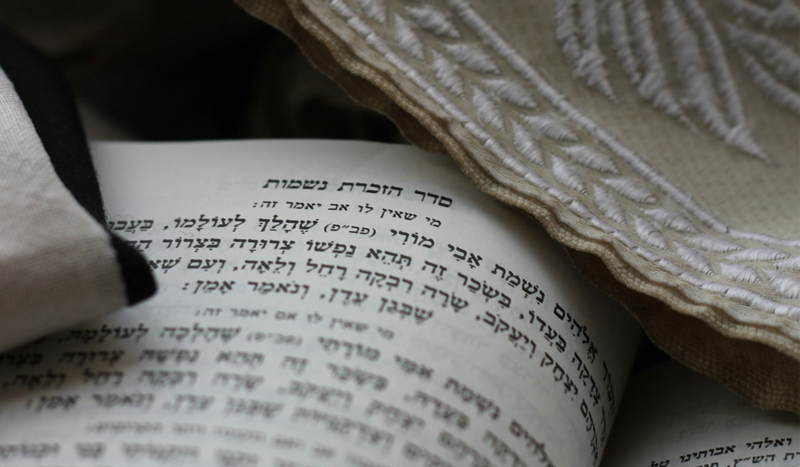
Menachem Weinreb / Unsplash
As antisemitic rhetoric resurfaces in public discourse and online platforms, Catholic scholar Robert P. George is urging the faithful to remember what Church teaching has long affirmed: Anti-Jewish sentiment has no place in Catholicism.
In a July 24 article published by The Catholic Register and adapted from an address he delivered at the Simeon Initiative Summit held in June in Toronto, George drew on Church teaching to reaffirm the enduring bond between Christianity and Judaism.
“[A]ny attempt to deny or undermine God’s unique and mysterious bond with the Jewish people — a bond that was never abrogated, and that reflects God’s special and continued relationship them — is both antithetical to Christianity (since it denies Christianity’s fundamentally Jewish roots) and opposed to Catholic teaching,” George wrote.
While affirming that the Catholic Church holds the fullness of truth in Christ, George stressed that this does not diminish Judaism’s unique theological role.
Referencing Dominus Iesus and Nostra aetate, two key Church documents, he explained that the Church recognizes truth and holiness in other religions and views Judaism in particular as inseparably linked to Christianity through shared roots and God’s enduring covenant.
George cited Pope Leo XIV’s statement that “because of the Jewish roots of Christianity, all Christians have a special relationship with Judaism” and pointed to Pope St. John Paul II’s teaching that Judaism is “intrinsic” to Christianity. He also pointed to reflections by Pope Benedict XVI to illustrate the Church’s consistent teaching on the distinct and ongoing role of the Jewish people in God’s plan of salvation.
Though acknowledging that the precise relationship between the Old and New Covenants contains unresolved theological questions, George pointed to Church teaching that sees this dynamic not as a contradiction but a divine mystery.
“[T]hat the Jews are participants in God’s salvation is theologically unquestionable,” he quoted from a 2015 Vatican document, “but how that can be possible without confessing Christ explicitly, is and remains an unfathomable divine mystery.”
He reiterated that acknowledging it as a mystery does not call into question the Church’s affirmation of Judaism’s enduring place in “God’s plan for the world.”
“[I]t is clear that Catholic teaching leaves no room for the denial of Judaism’s continued validity and significance and its special role in God’s plan for the world,” George remarked. “The purpose for which God chose the Jewish people, and their mission in fulfilling that purpose, continue today: The Jewish fidelity, witness, and wisdom enlighten. They light the path to God.”
He also pushed back against a trend he described as resurfacing online — claims that Judaism ceased to be valid after the destruction of the Second Temple or due to modern religious developments.
Such ideas, he warned, contradict the Church’s teaching and resemble Marcionism, an early heresy that sought to sever Christianity from its Jewish heritage. In tracing this history, George reminded readers that the early Church condemned Marcion’s attempt to pit the God of the Old Testament against the Gospel.
That mindset, he said, still tempts believers today and must be firmly rejected.
George ended by urging Catholics to remain faithful not only to Christian doctrine but also to its historical foundations.
“Those of us who claim the mantle of Christ must never forget that the God of Abraham, Isaac, Jacob, and Moses, and of course the God of the faithful Jew named Jesus, is our God as well,” he said, “unchanging, perfect, and never failing to be faithful to the promises he makes and the covenants he establishes with his people.”
He referenced the Good Friday prayer, which recognizes the Jewish people as those who were “first to hear the word of God,” and asks that they “may advance in love of his name and in faithfulness to his covenant.”

